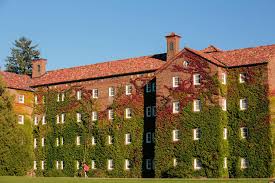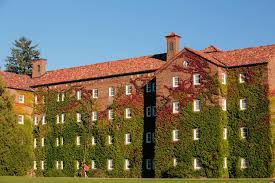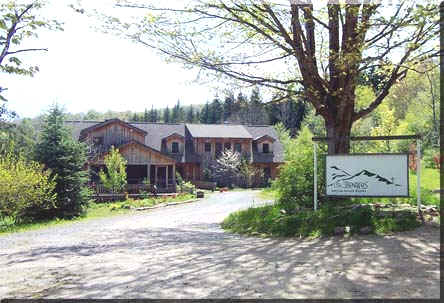Gender neutral housing is apparently a necessity on campus, according to a senior journalism mass communications major and a member of the housing committee.
“We preach about our ‘inclusive’ university where all are made to feel welcome through Franciscan values — but there’s still a contingent of students who don’t feel welcome or accepted,” said Liam McGurl last week in an article by Diana McElfresh.
While the question of gender-neutral housing is an important discussion to have, a more important topic is the question of these alleged Franciscan values that would permit males and females to live in the same room. Where did they come from, and what do they stand for?
The university website lists four main pillars of Franciscan values; investigation and wonder, knowledge and love, reflection and wisdom, and understanding and humility.
Taken by themselves, these principles can mean almost anything. What is wise to one person is foolish to another. What one person considers wonderful, another considers dull or even dissatisfying.
All too often, students and faculty remember the Franciscan aspect of these values, while forgetting that they are also Catholic. These values can only be properly understood as “Franciscan” within their Catholic tradition.
In fact, according to the same webpage, the foundation of all these values is a pursuit of knowledge for the sake of truth, especially truth grounded in the “knowledge of God.”
Core principles and values are meant to shape us into the image of the good. Take the Catholic tradition away, and all that remains are words that we can shape to fit our own image of the good.
The recent push for gender-neutral housing in the name of “Franciscan values” is just one example of the fact that our university has lost sight of its traditions, of the solid ground upon which is was founded. “Franciscan values” has come to represent anything someone wants it to mean.
This startling trend represents, in a way, the common wisdom of secular society, that is, to tolerate everything. Yet, when we tolerate everything, we ultimately stand for nothing.
In this way “inclusiveness” becomes a meaningless word whereby everything is accepted as the truth, even those versions of the truth that are opposed to one another.
This all is not to say that everyone must be Catholic or Franciscan at Bonaventure, but that the guiding principles governing this university should be.
In his Proslogion, St. Anselm said that “You [God] have created Your image in me, so that I may remember You.” Let’s not forget in whose image this university was founded, so we can remember who we are as members of it.
gruditj15@bonaventure.edu









